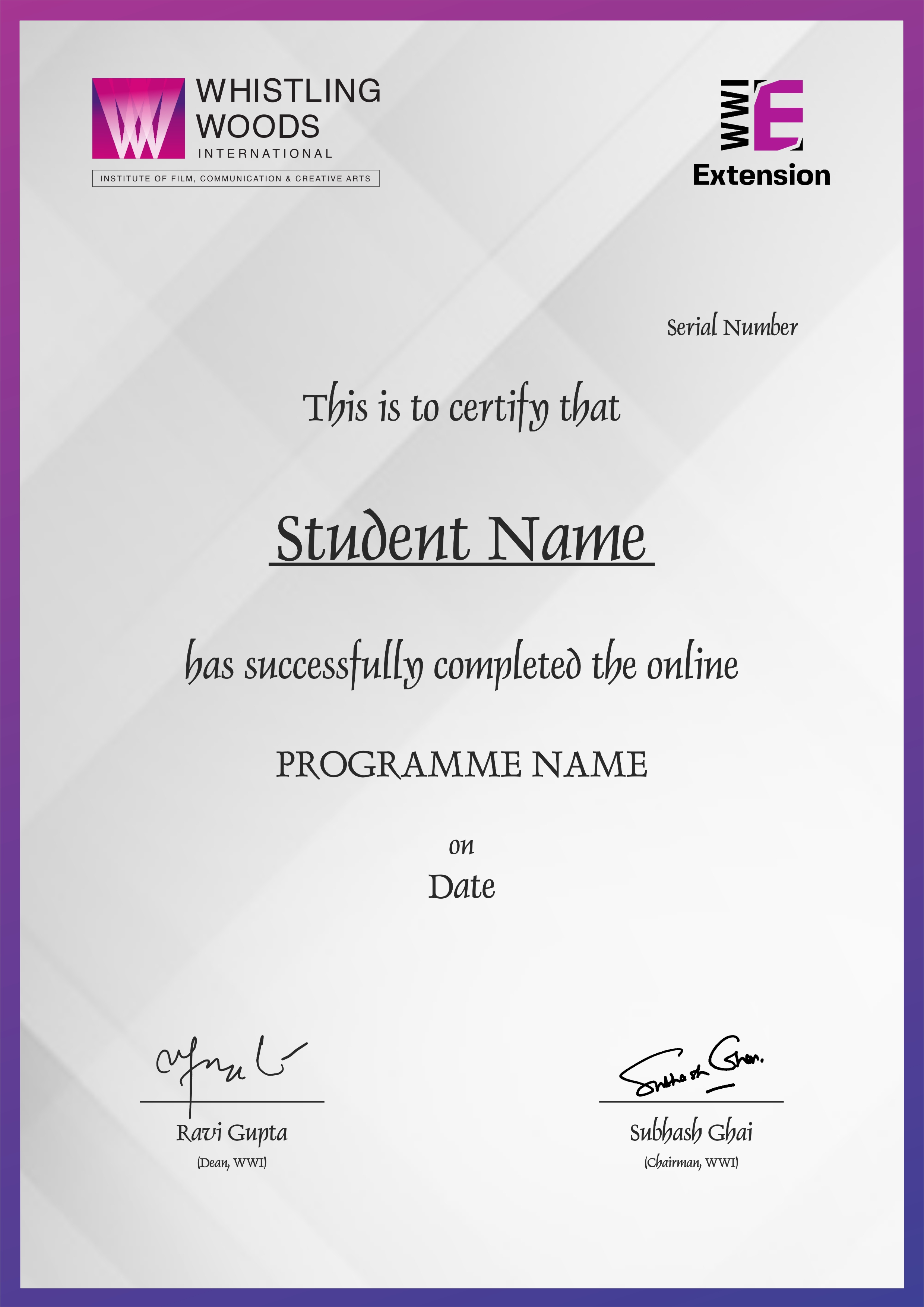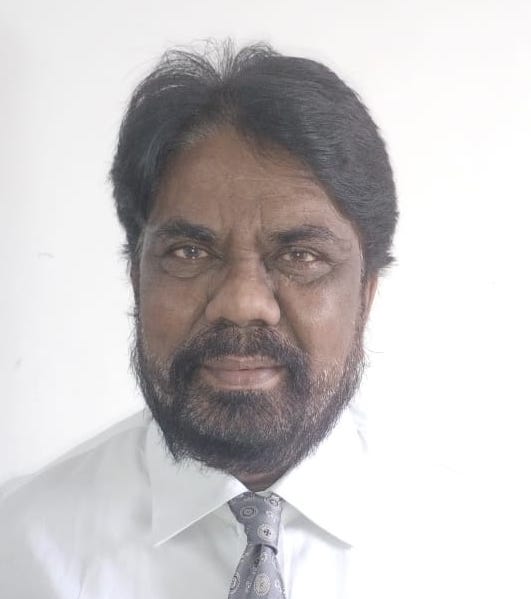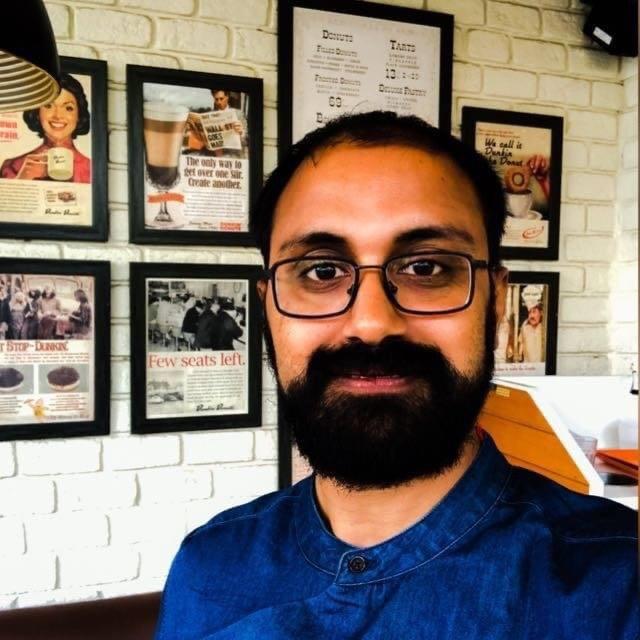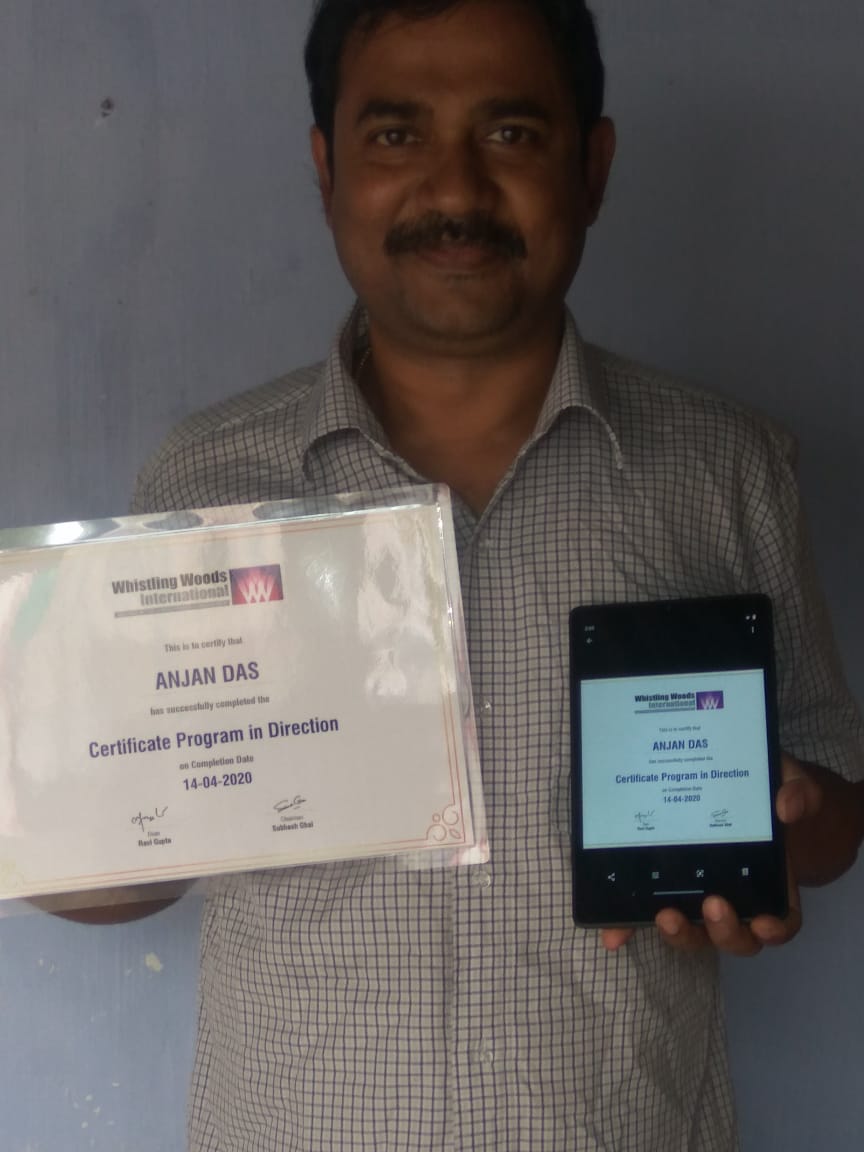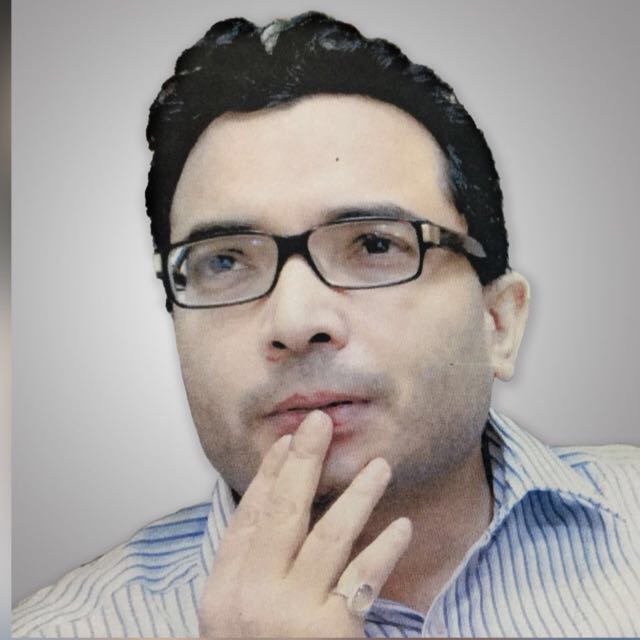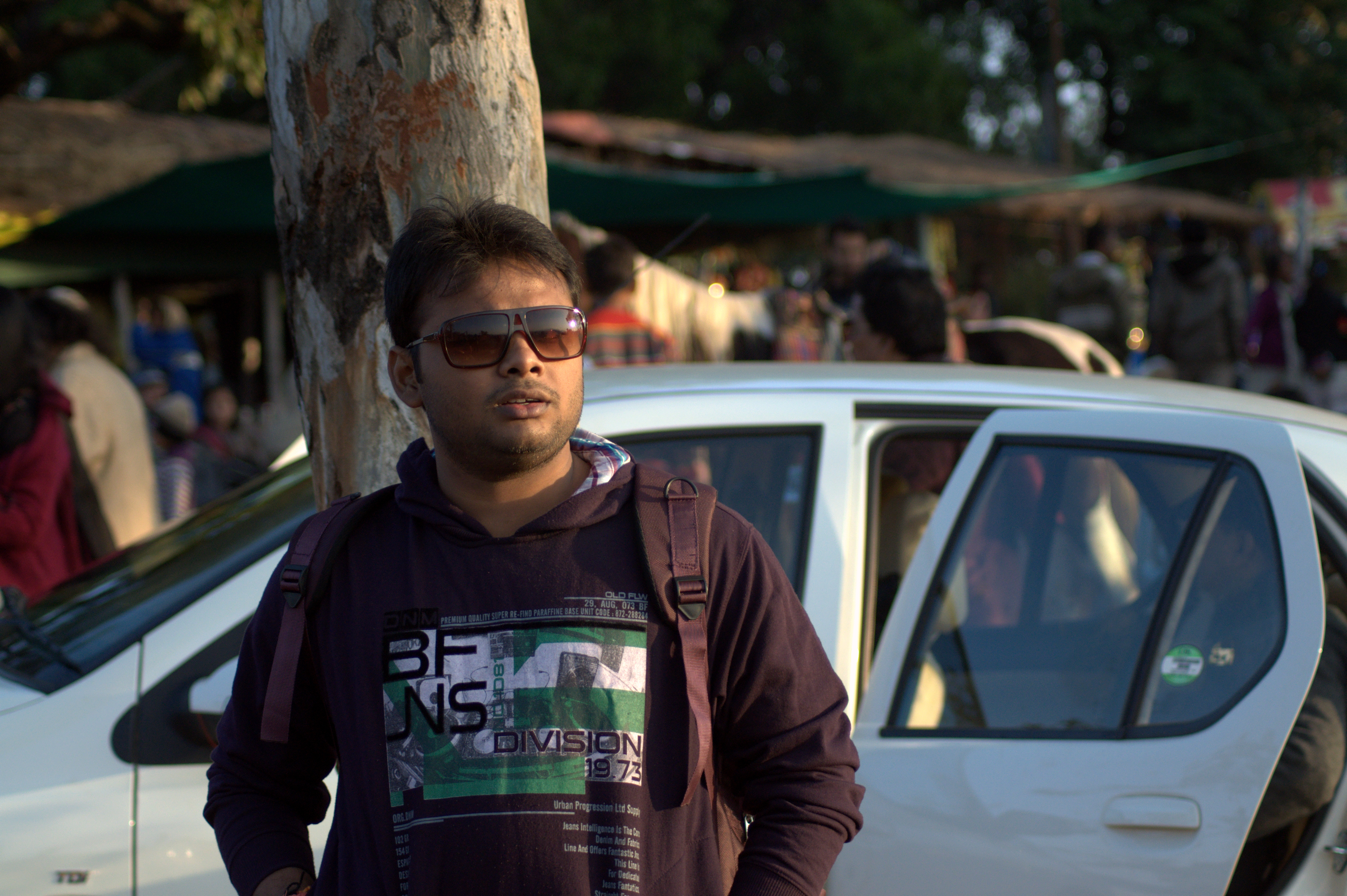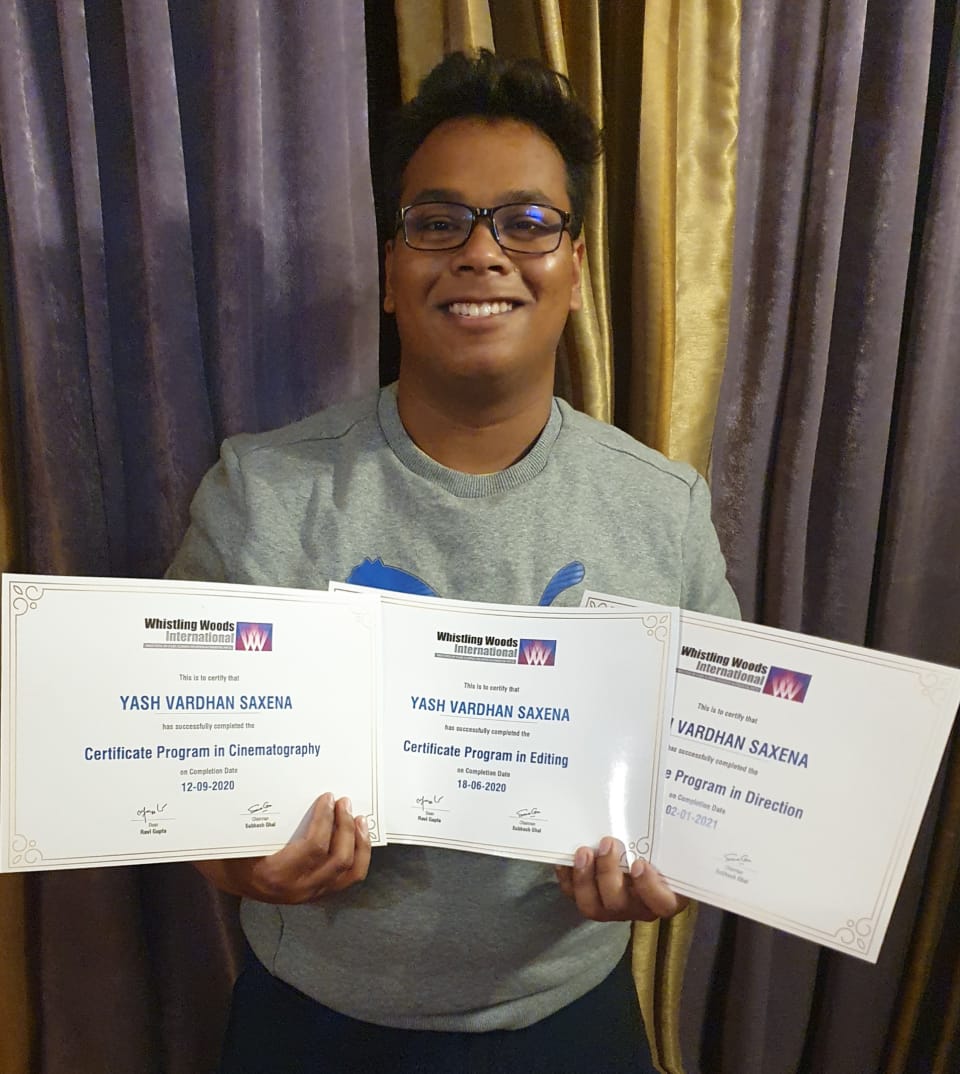Storytelling is an integral part of human development and films are one of the few formats that use all major mediums – writing, photography, performance, narration etc. This is what makes filmmakers such good storytellers. They hone their skills in all fields. A good filmmaker does not just understand his/her role well but also the roles of every other team member working on the project. Keeping this at the core, WWI Extension’s Advanced Certificate Programme in Filmmaking offers you comprehensive training across all spectrums of the craft of Filmmaking.
The Programme Curriculum is spread across two semesters.
Orientation
Screenwriting
Learn the art of transferring the story you have in your mind to the paper, and eventually to the big screen. A screenplay is the blueprint that keeps everyone working on the project on track. This is where a movie starts and thus, this is where we will start our journey to understanding filmmaking.
- Introduction to Screenwriting
- Elements of Screenplay
- Character Development
- Conflict
- Structure
- Scene Design and Dialogue
- Dialogue Writing
- Analysis of Short Film
- Hero's Journey 1
- Hero's Journey 2
Producing
The process of filmmaking can be divided into three sections – creative, technical and financial. While different teams take care of each section, it’s the job of the producer to tie them all together.
- Role of a Producer
- Producer in Pre-Production - Part I
- Producer in Pre-Production - Part II
- Role of Producer in Pre-Production
- Producer in Principal Photography
- Producer in Post-Production
- Film Distribution
- Tips on Distribution and Marketing
- Interview with Experts
Cinematography
Also known as the Director of Photography, a cinematographer is the master of movement and light.Their role is to translate the script into visuals and shoot the video.
- Cinematography Basics
- Basics of Photography
- Understanding Motion Photography
- Understanding Mis-en-scene
- Theory of Colour
- Study of Great Cinematographers
- Understanding Music Videos
- Understanding Non-Fiction
Editing
Film editing is all about intuition. Intuition to know how the characters will portray their emotions and how the scene is going to affect the audience.
- Introduction to Film Editing
- Editing Basics
- Role of an Editor
- Live Session – Film Editing
- Premiere Pro Software Training
- Avid Media Composer and Da Vinci Resolve
- Editing a Scene
- Editing an Action Scene
- Shot, Scene and Sequence
- Cutting Styles
- Understanding Structure and Narrative
- Editing Commercials and Documentary
Film Appreciation
- Silent Cinema
- Film Movements
- Film Analysis
Direction
Making a film is not a one-person job, but it does need one person to guide all the different teams and technicians. This responsibility falls on the shoulders of the director. Much like the captain of a team, the director coordinates with the actors, writers and the crew to translate the words on a paper into a moving, breathing story.
- Introduction to Film Direction
- Composition and Continuity
- Motion in the Frame
- Mise-En-Scene
- Script Development and Scene Analysis
- Space and Time
- Sound
- Breakdowns
- Directing Actors
- Landscape
- Film Theory
- Film Analysis
- Assisting a Director
- Masterclass
Production Design
A Production designer (PD) is the person responsible for the overall visual look of the production of a film. They have a key creative role in the creation of motion pictures and television
- Comparative study of Cinema vs TV/ The role of costumes and makeup in a project
- How to dress a set with furniture and wall pieces to accommodate a script
- How to work on an existing available location
Sound Design
The responsibility of a sound designer is to record, acquire, edit and create the various audio elements required in a movie. The sound designer works closely with the director to create an acoustic environment for the audience.
- Introduction to Sound Design
- Sound Recording
- Evolution of Audio Recording and Reproduction
- Microphones
- Recording Chain and Location Sound Recording
- Advance Aesthetics
- Music in film
- Sound Mixing
General Programme Work
- 4 Day on Campus workshop
- Shoot a Film & Submission
- Assessment
On successful completion of all the modules included in this programme, the user shall be given a certificate from Whistling Woods International. You can download the certificate in the form of a PDF.
There is no specific time limit or schedule to do a module-based programme such as this one. However, the access period to the platform is 1 year
This is a module-based programme, so there is no specific schedule to adhere to.
Please refer to the curriculum tab on the programme page of the programme.
This programme comprises of learning through video-based lectures. You will also be given the transcripts of these lectures. The content is derived from the knowledge base of Whistling Woods faculty and Industry experts along with specific case studies used to explain the concepts and theories.
There are no programmework or assignments in this programme.
There are no live sessions included as part of this programme. However for live sessions and on campus specialization workshops, please check our Advanced Certificate in Filmmaking programme
Programme fee:
₹ 99,000 (Inclusive of all taxes)
Admission criteria:
- No work experience is required to apply for any of the programs
- It is recommended that applicants have cleared Xth grade or equivalent
- All candidates need to have reading and speaking proficiency in English
Notes:
- You can pay for the programme with a debit / credit card and through Netbanking.
- On successful payment transaction, you will receive a confirmation mail with the order no. and payment acknowledgement.
- You will be provided a programme login URL within 48 hours of making a payment. Please register on the URL to gain access to the programme.
- In case of any issues during payment, please write to us on wwi.extension@whistlingwoods.net

